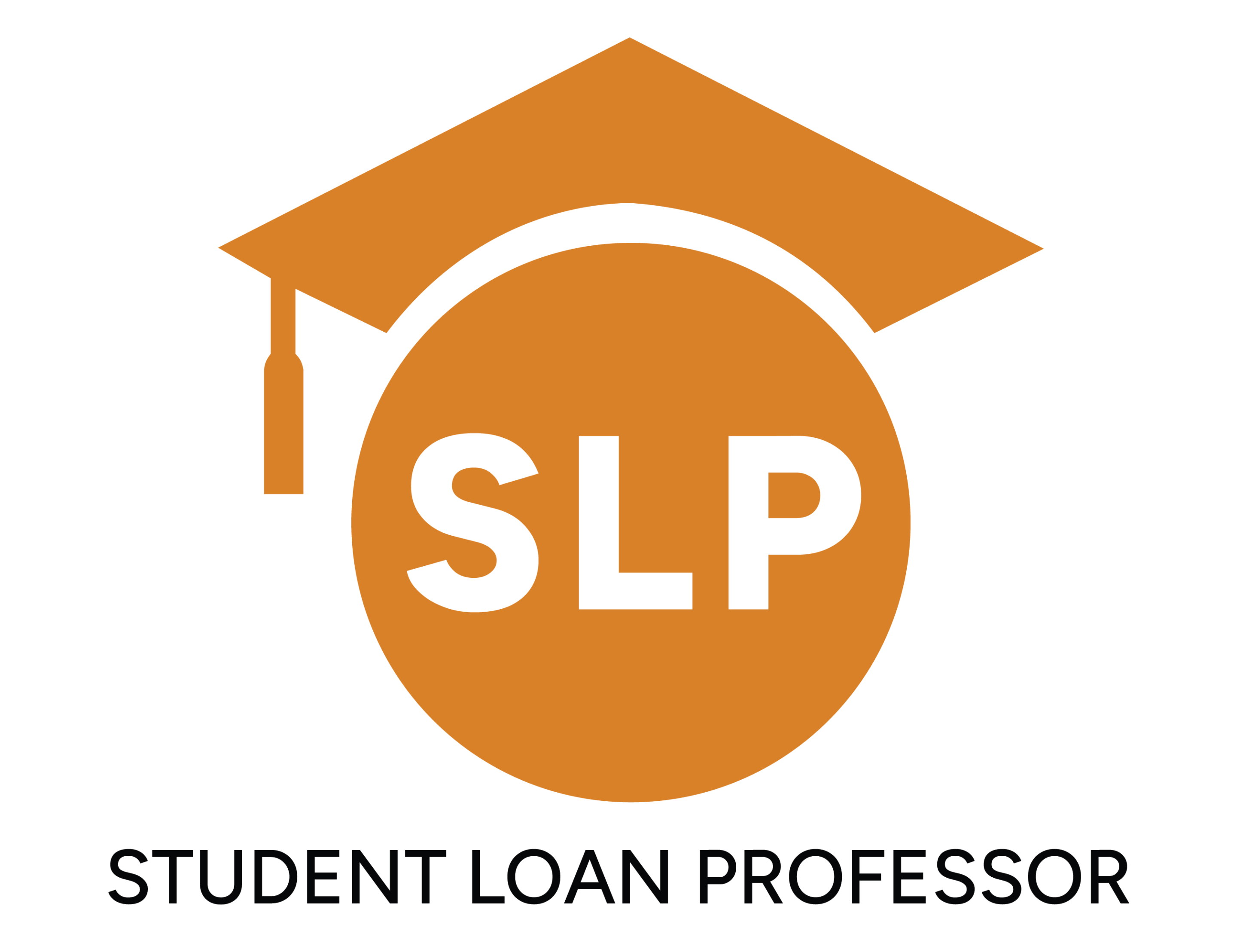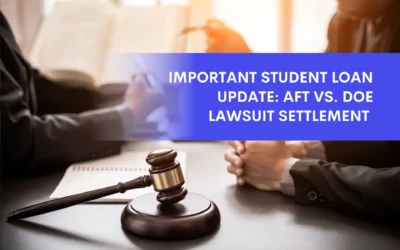November, 2018
Recent headlines about 99% of Public Service Loan Forgiveness applications being denied would cause any borrower’s heart to skip a beat if they’re pursuing forgiveness. There was already mistrust between graduates and the Federal government that acts as their student loan banker. These headlines certainly do not inspire confidence for those purposely paying the least amount possible with hopes of having their debt forgiven tax-free. Here at DWOQ, we were not surprised by these headlines. The PSLF program was introduced 11 years ago with little media attention and even less guidance from the U.S. Department of Education and their loan servicers. Borrowers likely pursued PSLF without reading the details of how the benefit worked. Here’s a quick list of the reasons PSLF applications are denied:
Ineligible Loans: Only Federal Direct loans are eligible for PSLF. Federal Family Education Loans (FFEL), Perkins, private, and other types of loans are NOT eligible.
Insufficient Payments: Just paying on loans for 10 years, does not automatically qualify a borrower for forgiveness. Folks were applying for forgiveness prior to making the necessary number of payments, thus increasing the number of denials.
Wrong Repayment Plan: We have seen many new clients utilizing Extended and Graduated repayment plans in the past. These repayment plans are NOT PSLF eligible.
Paperwork Errors: 28% of denied applications were due to missing or incomplete information. Not completing the necessary paperwork accurately and timely are causing delays in processing PSLF applications. Also, is the missing information an indication that the borrower may not be eligible for forgiveness?
DWOQ has been serving thousands of graduate health professionals for years, helping them avoid the common mistakes many graduates make managing their student debt. If you are working with DWOQ annually, you should not worry about these issues. The focus should be on your career, and maintaining employment with a qualifying employer (if PSLF is your goal).
Reviewing your student loan repayment strategy on an annual basis is critical to reducing the overall cost of borrowing. As career and life plans change, odds are your student loan repayment strategy needs to change as well. Additionally, navigating the requirements of PSLF can be overwhelming for a medical professional focusing on their career. That’s why DWOQ offers annual assistance for student loan planning. To register for this service or learn more, please visit us HERE.
Brandon Barfield is the President and Co-Founder of Student Loan Professor, and is nationally known as student loan expert for graduate health professions. Since 2011, Brandon has given hundreds of loan repayment presentations for schools, hospitals, and medical conferences across the country. With his diverse background in financial aid, financial planning and student loan advisory, Brandon has a broad understanding of the intricacies surrounding student loans, loan repayment strategies, and how they should be considered when graduates make other financial decisions.





